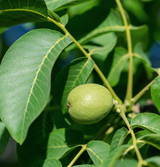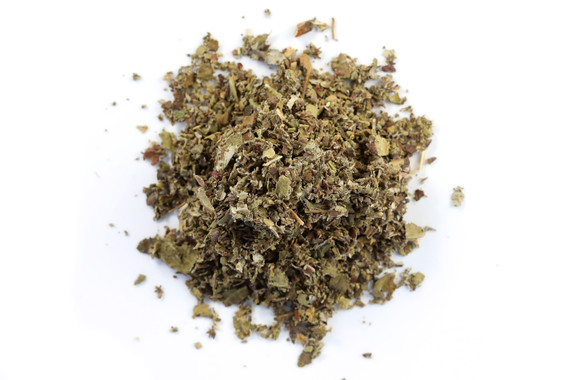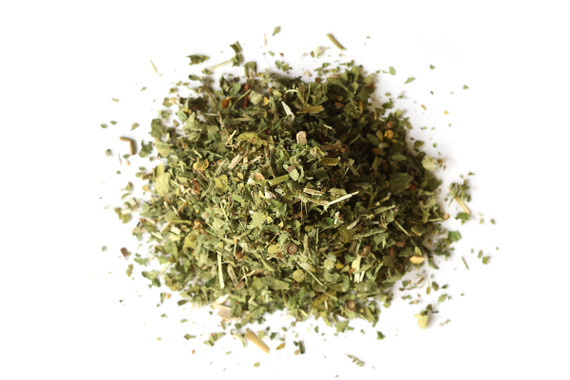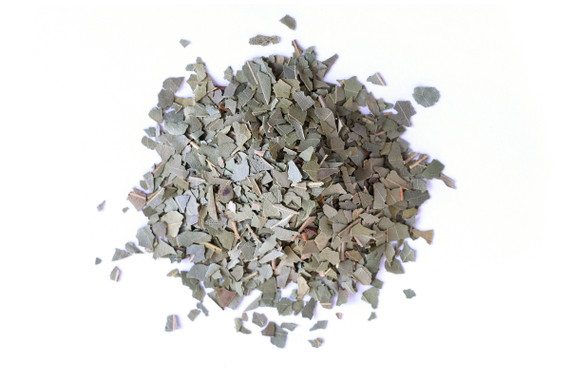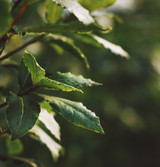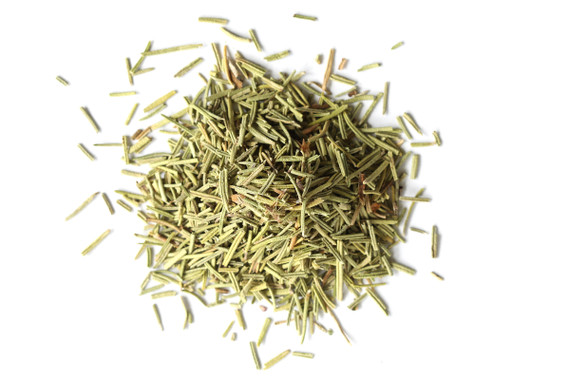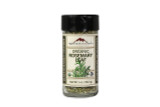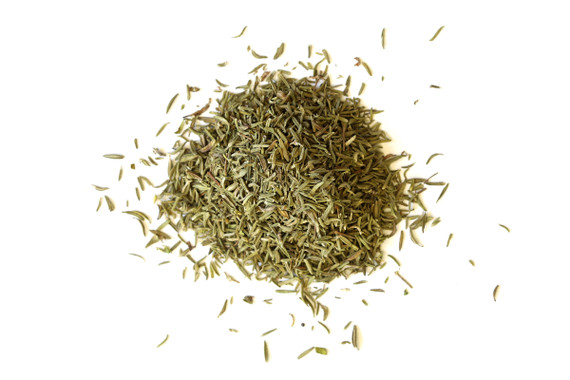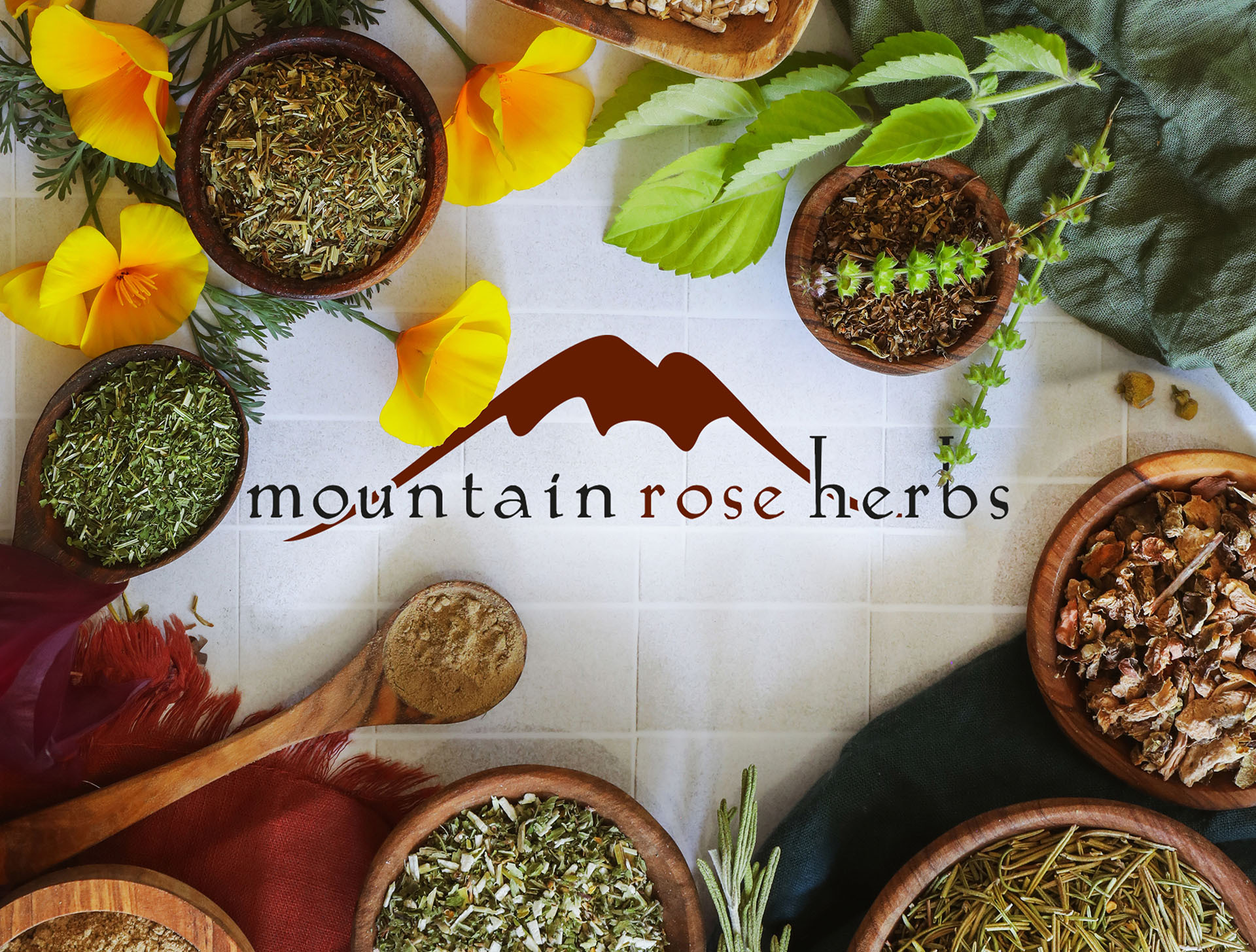This tall deciduous tree is native to eastern North America. Traditionally walnut leaves, bark, nuts, and hulls were used by indigenous populations as a source of food and wellness. Walnut leaf is astringent and can be applied topically or prepared as an infusion.
The genus name, juglans, is derived from two Latin words; lupiter, meaning Jupiter, and glans, meaning acorn. The literal translation is therefore "Jupiter's nuts". According to a Chaldean clay tablet, walnut groves were known to be in the hanging gardens of Babylon. Pliny the Elder (ca.23-79 C.E.) reported cultivation in Italy from trees that had been transported from countries farther east. In ancient Persia, only royalty was supposed to eat them, and they were even referred to as the "royal walnut". In America, there is archeological evidence that they were consumed and used by the Indigenous peoples as far back as 2000 B.C.E.
Precautions
Not recommended for long term use. We recommend that you consult with a qualified healthcare practitioner before using herbal products, particularly if you are pregnant, nursing, or on any medications.
This information has not been evaluated by the Food and Drug Administration. This product is not intended to diagnose, treat, cure, or prevent any disease. For educational purposes only.


